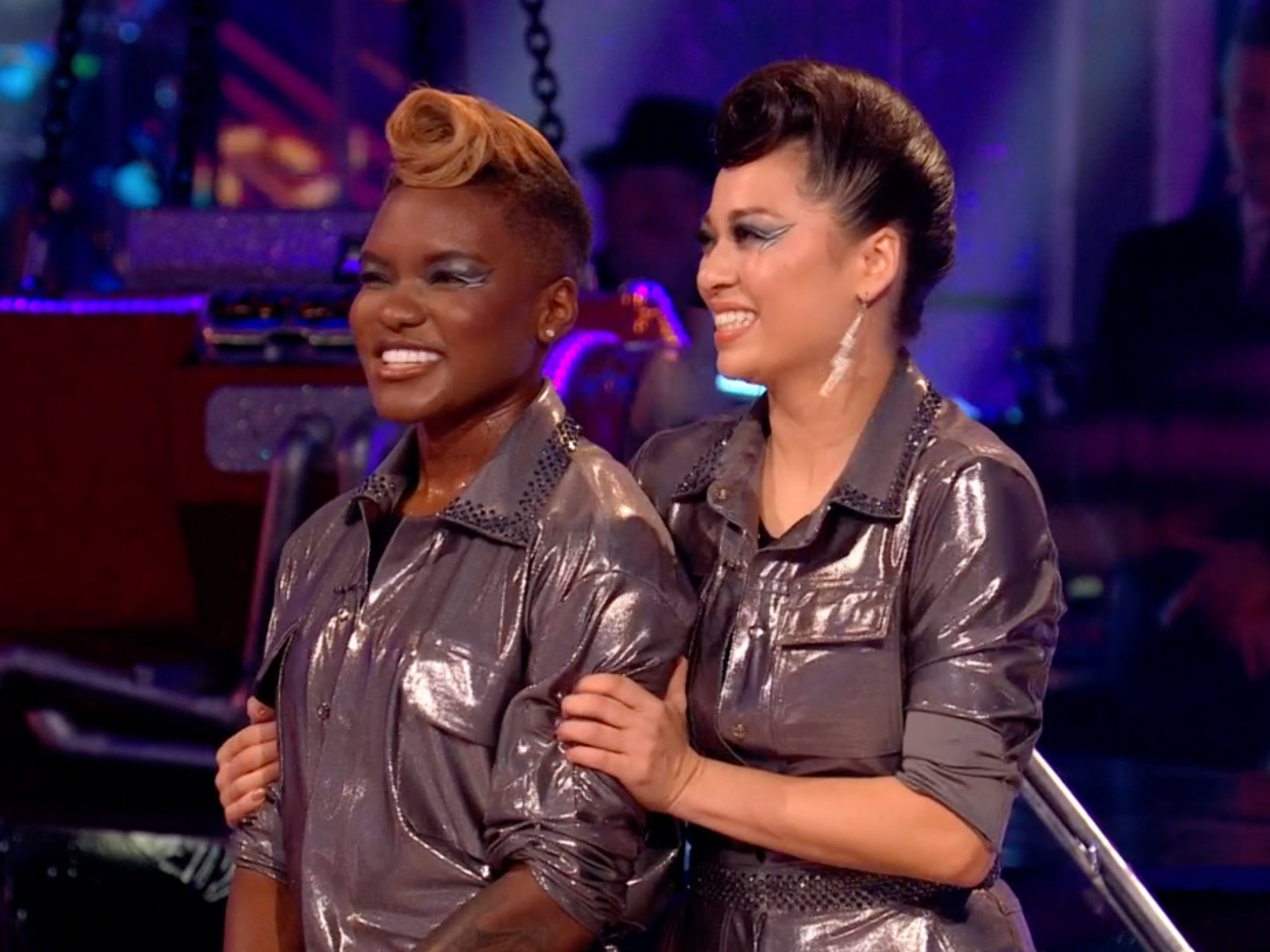Strictly Come Dancing judge Craig Revel Horwood says show was ‘too late’ to same-sex pairings
‘I wish we’d been braver sooner’ he said

Your support helps us to tell the story
From reproductive rights to climate change to Big Tech, The Independent is on the ground when the story is developing. Whether it's investigating the financials of Elon Musk's pro-Trump PAC or producing our latest documentary, 'The A Word', which shines a light on the American women fighting for reproductive rights, we know how important it is to parse out the facts from the messaging.
At such a critical moment in US history, we need reporters on the ground. Your donation allows us to keep sending journalists to speak to both sides of the story.
The Independent is trusted by Americans across the entire political spectrum. And unlike many other quality news outlets, we choose not to lock Americans out of our reporting and analysis with paywalls. We believe quality journalism should be available to everyone, paid for by those who can afford it.
Your support makes all the difference.Strictly Come Dancing judge Craig Revel Horwood has said the show was “too late” to same-sex pairings.
The popular dancing competition celebrates its 20th anniversary this year, having run since 2004. It featured its first same-sex couple in 202, when former boxer Nicola Adams was paired with dancer Katya Jones.
A number of same-sex pairings have been featured on the competition since, including last year’s runners-up, Celebrity Big Brother finalist Nikita Kuzmin and musical theatre star Layton Williams.
But the 59-year-old, who is the only judge to have sat on the panel since its first series, thinks the development was introduced too late.
“I think we did it one year too late,” he told the Radio Times. “I wish we’d been braver sooner, but we’re there now.”
He commented on the prospect of backlash, adding: “Viewers are more open-minded than we give them credit for. Some people will kick up a stink initially, then suddenly they’re fine with it, and that’s how we change the world – from the persecution of gay men to two men dancing on national television.”
Speaking about the decision to have same-sex pairings, Charlotte Moore, chief content officer of the BBC, added: “We were very clear that Strictly was about the ballroom dancing world, which we were trying to hold true to, but I think there was a moment where we thought, ‘Why would we not do this?’

“It made total sense and has become the norm. I don’t think there was resistance so much as, ‘When’s the right timing?’
“Our audience is very sophisticated and savvy. They get to know the contestants; they learn with them; they become inspired by them.

Watch Apple TV+ free for 7 days
New subscribers only. £8.99/mo. after free trial. Plan auto-renews until cancelled

Watch Apple TV+ free for 7 days
New subscribers only. £8.99/mo. after free trial. Plan auto-renews until cancelled
“That’s how we break through those boundaries of any kind of bias anyone has. It’s about educating and informing, but never in a heavy way. I always say that when Strictly’s on, everything is good in the world.”

More than 100 people complained about the move to have same-sex pairings in 2020 when the decision was first announced.
The BBC defended its position at the time saying: “Strictly Come Dancing is an inclusive show and is proud to have featured same sex dancing amongst the professional dancers in group numbers in previous series.
“We have stated, in the past, that we are open to the prospect of including same sex pairings between our celebrities and professional dancers, should the opportunity arise. Nicola Adams requested an all-female pairing, which we are happy to facilitate.”
The statement continued: “The show is first and foremost about dance, the sex of each partner within a coupling should have no bearing on their routine.”
Join our commenting forum
Join thought-provoking conversations, follow other Independent readers and see their replies
Comments